Is it true that schools monitor social media? Tracking students’ social media activity has a lot of advantages, notably recognizing depressed youths. While doing so, support them to develop better mental health.
However, student monitoring has its downsides. In particular, it may limit free speech as students might be afraid of punishment for voicing their opinion. The privacy of a student might also be violated because other people can get hold of the personal information without your consent.
For this article, we will analyze the advantages and disadvantages of school monitoring social media. We will also provide the current statistics that demonstrate how effective social media monitoring is.
What are the impacts of social media monitoring?
There are strengths and weaknesses to social media monitoring in general society. For instance, government of your country can track the social media to identify and respond rapidly.
Here are the impacts of social media monitoring:
Improved public safety
When your country government watches what you do in social media, it can very easily locate threats and try to prevent them. For instance, the government can form a rapid rescue force and save lives in natural disasters.
Enables public health monitoring
Social media monitoring enables the health ministry to spot any cases of a potential epidemic. It can warn the rest of the country to avoid going to that area to help prevent the disease from spreading.
Better products through useful consumer insights
You can benefit greatly from monitoring your target customers on social media in the business world. You can see how they talk about your product with their friends and improve upon your weaknesses.
Collecting of personal data without consent
Scraping people’s personal information without their consent is one of the negative effects of social media monitoring. It invades their privacy, making them feel violated.
Misuse of data
Authorities may use data collected from social media monitoring to do bad things, such as fueling propaganda or manipulating people to achieve their interests.
Should schools monitor social media?
Yes, schools should monitor social media to help them understand their students’ behaviors. Most students communicate through social media, which can serve as a great platform to learn their grievances.
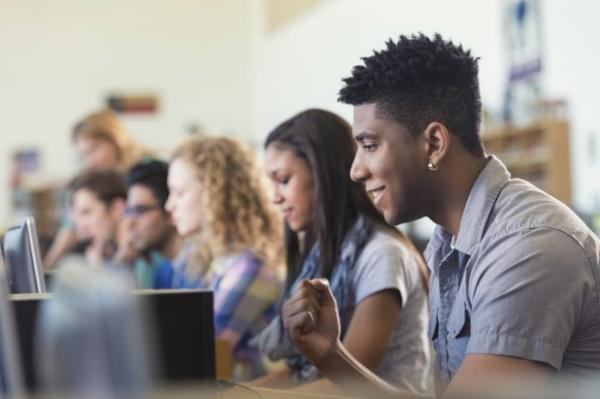


However, there may be downsides to schools monitoring social media. For example, students may feel like you are infringing on their privacy.
What are the pros and cons of schools monitoring social media?
Social media monitoring has both benefits and negatives, whether in society or within schools. In this section, we’ll dive into both the pros and cons of social media monitoring in schools:
Pros of schools monitoring social media
These are the positives of monitoring social media in schools:
It enhances safety in schools
Through social media monitoring, authorities can spot potential threats within schools and respond swiftly. In the process, preventing loss of lives or injuries.
Prevent cyberbullying
Cyberbullying is common among school-going kids. Many kids get body-shamed or trolled due to their race. This can affect their self-esteem and maybe drive them to suicide or depression. Social media monitoring by schools can help such kids get help when needed.
Address the mental health of students
If students are depressed or having suicidal thoughts, they can be directed to the right departments to get the help they need.
Cons of social media monitoring in schools
These are the negative effects of social media monitoring:
Infringing in the students’ privacy
The majority of the social media using users are people who value their personal freedom and privacy. They would not appreciate it knowing someone is monitoring their social media movements.
It may violate the freedom of speech
When a student is aware that he or she is being observed, individuals are likely to say something else than what they feel so as to avoid consequences. In retaliation, the school management would turn a prison out of it.
Automated monitoring may lead to misinterpretation
Due to the high number of students to be monitored, the school may use automated monitoring. Sometimes, the app’s algorithms may mark messages as harmful or dangerous, yet it may not be true. These false positives may waste the students’ and school management’s time.
It’s expensive
Setting up and running social media monitoring systems for a high population is expensive. It may not be sustainable in the long run if the school is underfunded.
Middle Ground
Striking a balance implies developing social media monitoring rules which are capable of helping to maintain both safety and other rights, like privacy or freedom of speech.
Additionally, implementing automated systems along with human oversight should help mitigate the potential for misinterpretation and promote a less black-and-white perspective on online activities.
Rather, the implementation of debates where students and parents discuss monitoring regulation procedures creates an overall strategy for online safety.
This guarantees, therefore, that policy for information technology surveillance originates from issues emanating from stakeholders of the school.
What percent of schools monitor students’ social media?
Many discussions are going on about the percentage of schools that often monitor their students’ social media.
While there can be a debate on whether it’s the right thing to do, here are some reports you need to know about.
Common Sense Education
Common Sense Education has several conversations highlighting the importance of digital literacy and good online behavior.
They discuss ways to educate students on the outcomes of their online behavior, parents’ and teachers’ roles in teaching students how to behave while using online technology resources, and methods for cultivating a beneficial digital environment.
EdSurge
EdSurge has discussed the juncture between technology and education, covering modern technological trends in educational technologies that are aimed at improving a student’s security.
It is said that 81% of teachers use monitoring software on their student’s social media. Discussions have centered on adopting tools for monitoring and issues around privacy, equity, training, and effectiveness.
Education Week
Education Week has explored the policymaking and legal issues associated with school social media surveillance.
A report states that 37% of teachers have revealed they monitor students’ social media.
Topics on the ethical aspects of monitoring and building school policies to secure students’ safety and any impact on academic freedom or liberty have been debated.
The Guardian
As a media house, The Guardian has published articles that offer a broader societal perspective. They state that since 2018, more schools in the United States (60) have used close to $1 million to monitor students.
Conversations have included, among other things, the cultural and ethical ramifications of monitoring students’ social media, which has affected students’ mental health privacy rights and digital citizenship norms.
NCBI
NCBI, primarily aimed at scientific literature, has initiated talks regarding the impact of social media monitoring on students’ psychological and behavioral aspects.
The discussions have gone this far as to discuss studies that evaluated the effectiveness of monitoring in dealing with safety issues and its side effects on student wellbeing.
How to monitor your kid’s social media?
If you want to keep tabs on your kids without looking creepy, FlashGet Kids is the way to go.
It is a comprehensive app that can be accessed worldwide and has much to offer regarding features. The best part is that it’s easy to access and use and is compatible with Android and iOS devices.
This is how you can use it to implement monitoring, app usage, and notifications:
Live Monitoring:
1. Download and install FlashGet Kids on your Android or iOS devices.
2. Use your browser to visit https://flashget.kids to download FlashGet Kids on your kid’s phone.
2. Register an account and bind it to your kid’s account.
3. Now access “Screen Mirroring” from the dashboard and press “Continue.”
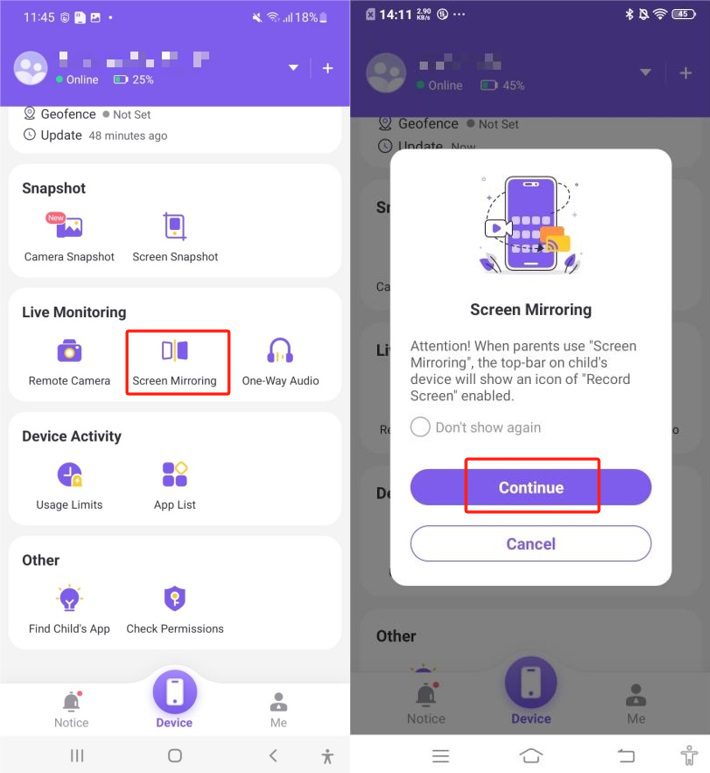


4. Tap “Remote Camera” and “Continue” to see their environment.
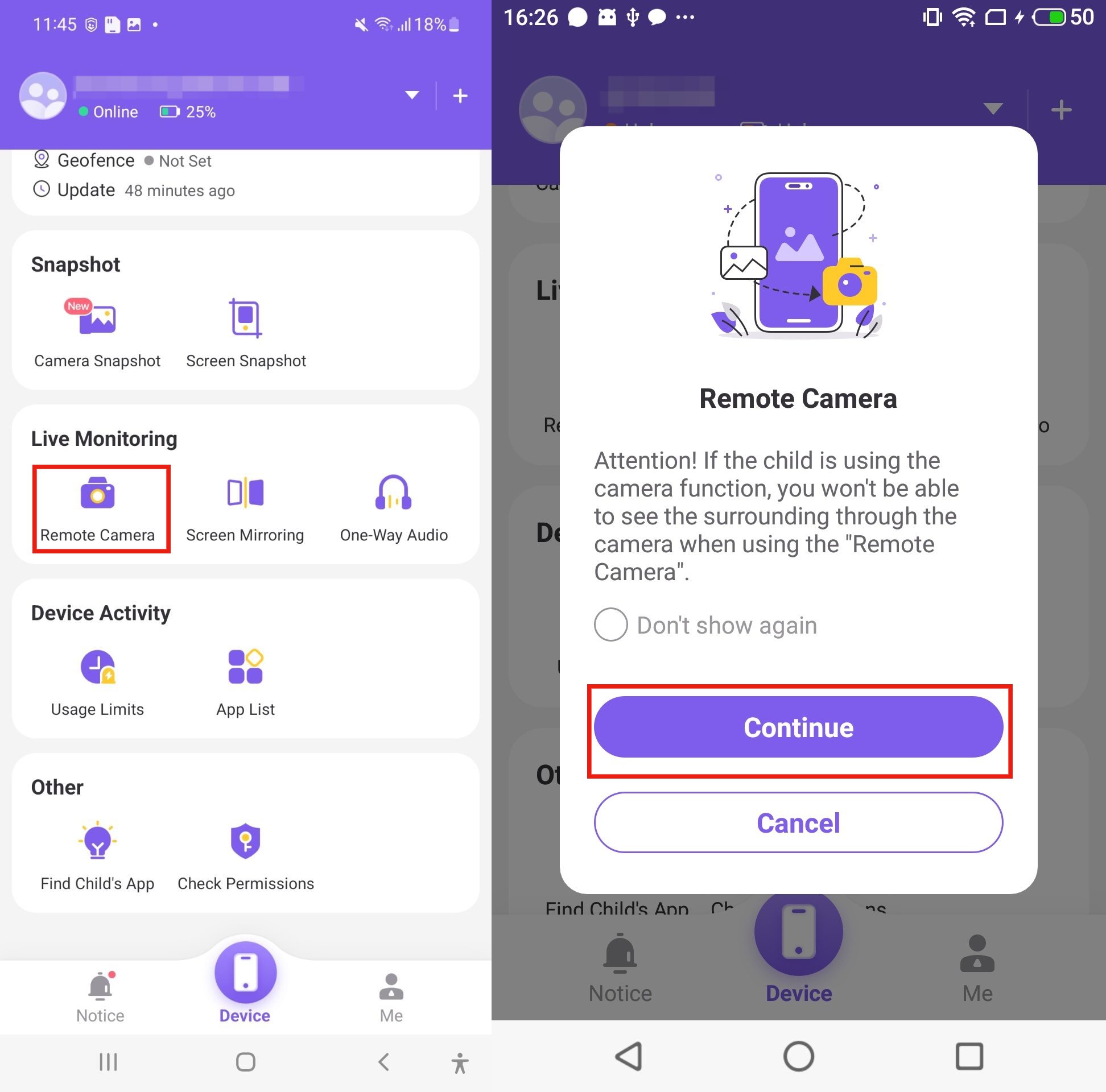


5. Access “One Way Audio,” then “Continue,” and then click on “Record” to listen in on where they are.
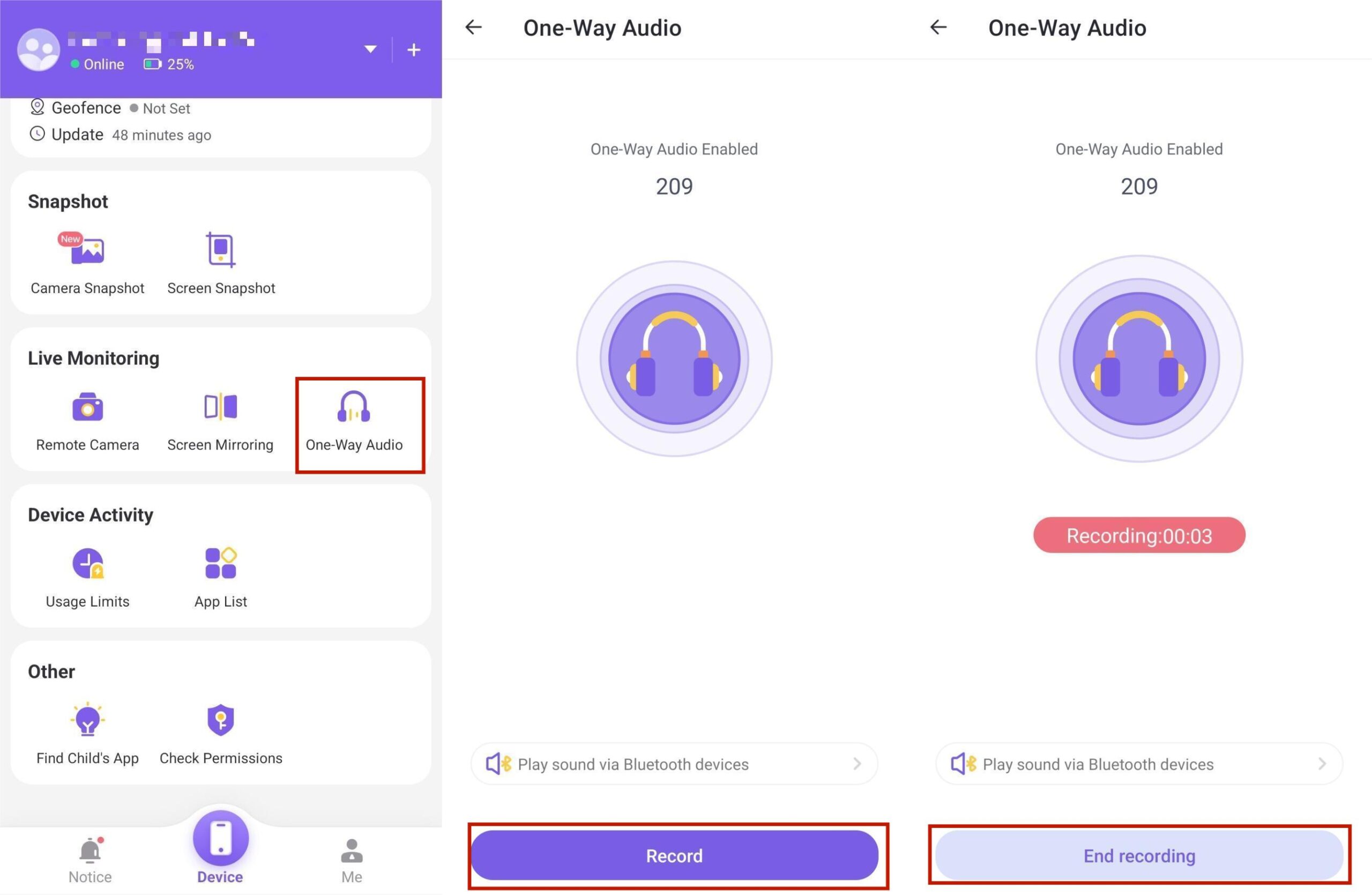


Alerts And Notifications:
1. Once you have FlashGet Kids set up, access “Notice.”
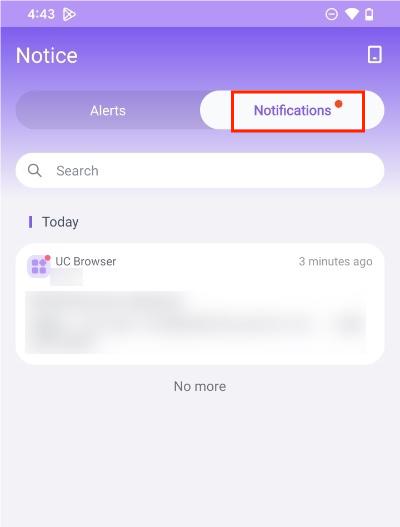


2. Tap on “Alerts,” to see all activities and history by tapping on the date.
3. Click “Notification” to access the phone messages they have been reading.
4. Move down to check whether they access inappropriate content.
Daily Usage:
1. After installing FlashGet Kids on your device, move to “Device Activity,”
2. Now, tap on “App Usage,”
3. Once that is done, you can check all their daily usage.
Bonus: Is social media good or bad for education?
The role of social media in education is a topic under constant controversy because both good and bad sides are present.
On a positive note, social media channels could easily enable communication interaction and information access by learners, educators, and institutions.
It provides a platform for conversations and sharing knowledge among individuals worldwide. Further, social media can improve engagement and interaction within the learning cycle, allowing individualized learning opportunities.
However, these issues raise concerns over possible social media distractions, false information dissemination, and online security.
FAQs
Is it legal for teachers to follow a student on social media?
School policies and local laws determine whether it is legal for teachers to follow their students on social media. Guidelines that each school has on maintaining professional boundaries should be adhered to by the teacher for there to be a safe atmosphere.
Can teachers be disciplined for social media posts?
Yes, teachers can be punished if they publish socially irresponsible posts that contradict professional conduct standards and specifically breach confidentiality. Teachers should consider their online presence and conform to the codes of ethics prevalent in most educational institutions.

